Stephen Delgado
Stephen Delgado, co-sponsored by Geography & Regional Development
My science-for-society outreach project, Facilitating Community Health Initiatives Using Public Participation GIS, has two basic aims: first, to facilitate the realization of community-based health and well-being initiatives in two underserved communities in Tucson, Arizona; and second, to promote public understanding and use of space-related information and technology in these same communities. To accomplish these interrelated goals, this project aspires to promote learning and understanding of spatial information and technologies, such as geographic information systems (GIS), global positioning systems (GPS), and remote sensing (RS), by incorporating the hands-on use of these technologies into community-driven health and wellbeing initiatives. In sum, this project aims to promote public health - one of NASA's twelve applications of national priority - while advancing public understanding of space-related information and technology through participatory processes.
In particular, this project will involve the Sunnyside and Elvira neighborhoods of Tucson, Arizona. Here, my primary partner organization, the community-based Sunnyside Elvira Advocates for Health (SEAH), is collaborating with the University of Arizona Mel and Enid Zuckerman College of Public Health (MEZCoPH), the Sunnyside Unified School District (SUSD), and the Pima County Department of Transportation (Pima DoT) to actively promote the health and well-being of the residents of these neighborhoods. Through initiatives such as the nascent Bike Map and Walking Map projects, local citizens of all ages are working to identify and map safe and accessible bicycling and walking routes within these communities. Initiatives such as these will provide an excellent opportunity for local citizens - especially local youths - to gain hands-on experience with spatial technologies such as GPS and GIS. For example, the Bike Map and Walking Map projects will involve group bicycling and walking outings through the Sunnyside and Elvira communities, in which participants will learn to use maps and GPS units to identify and map safe, accessible bicycling and walking routes in the Sunnyside and Elvira neighborhoods. For both these projects, information gained from bicycling and walking outings will then be used to collaboratively construct community maps using desktop GIS.
Currently, this outreach project is in its planning and preparation stage. I have been attending SEAH general meetings, as well as Bike Map and Walking Map subcommittee meetings, getting to know the local residents who are actively involved in these projects and discussing how community members would like to begin learning and incorporating spatial information and technology into their local health initiatives. I look forward to working together with residents of the Sunnyside and Elvira neighborhoods to benefit community health while helping to develop hands-on learning of spatial information and technology.


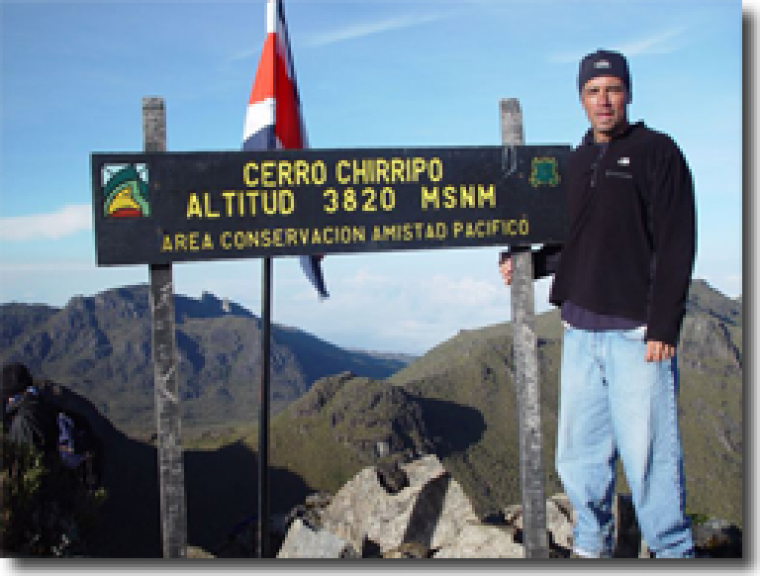
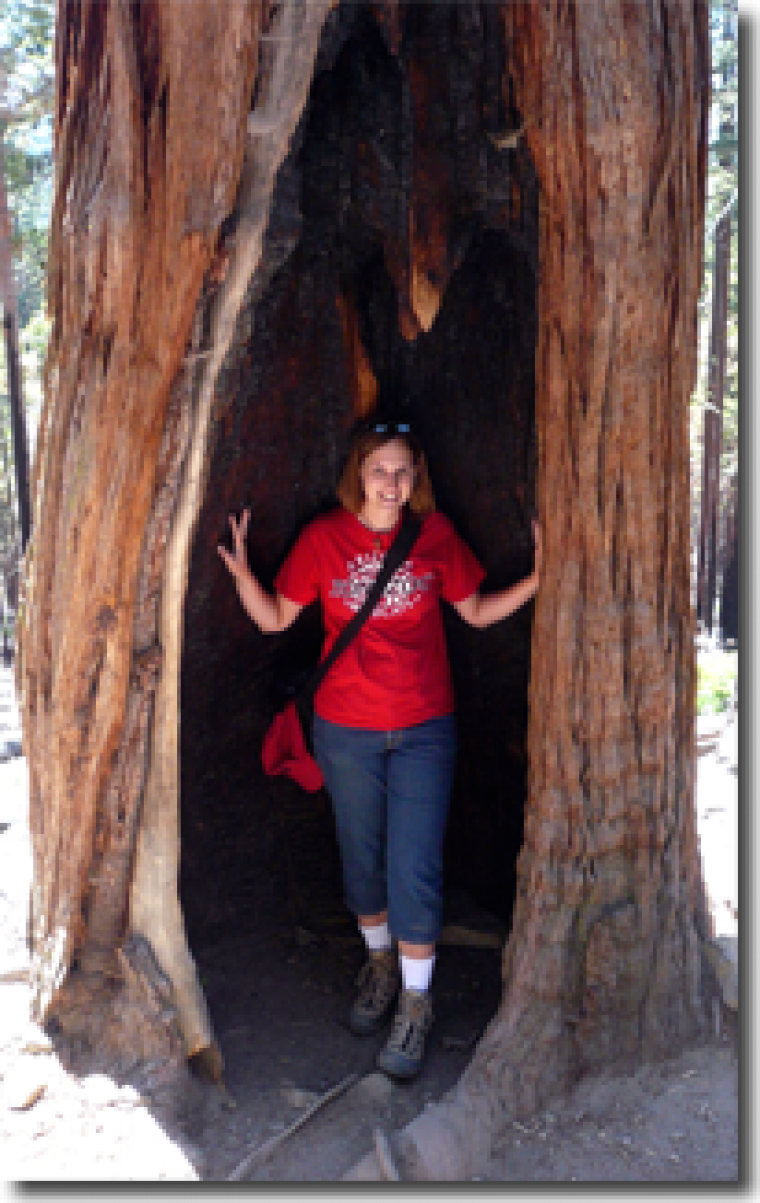
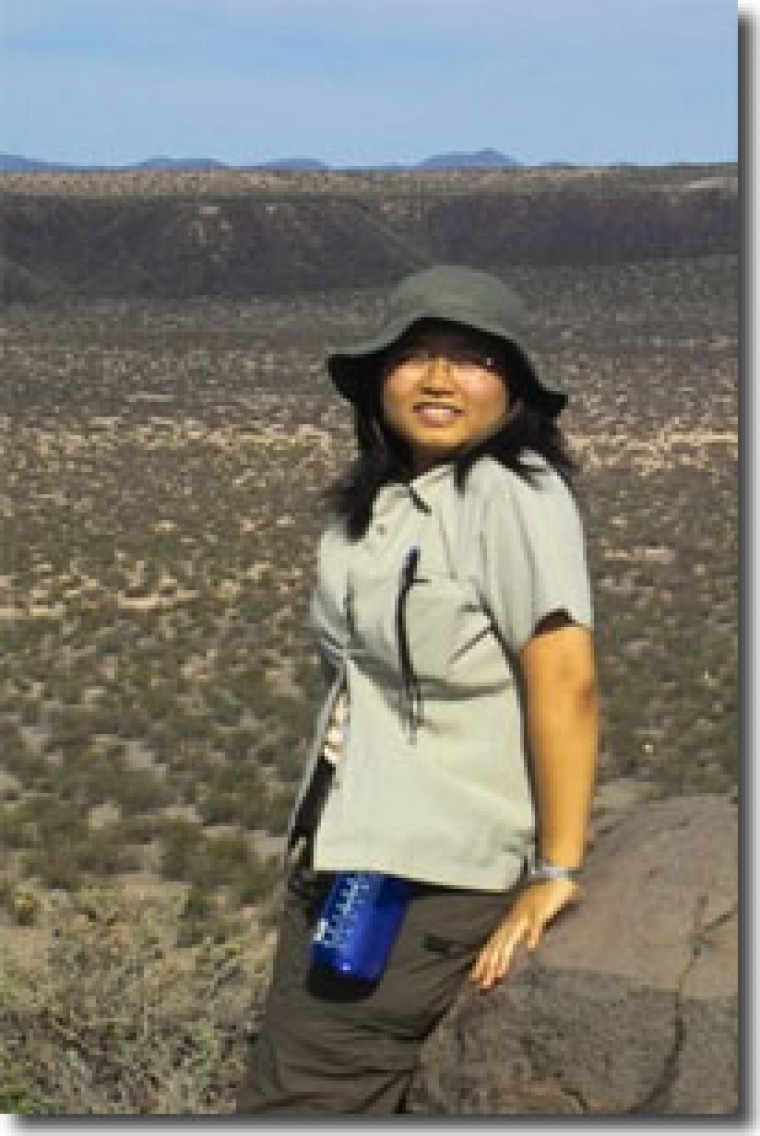
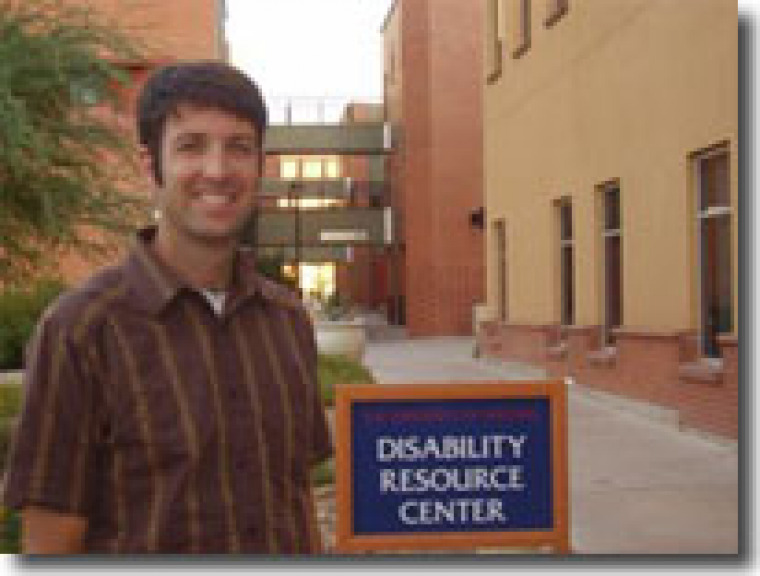
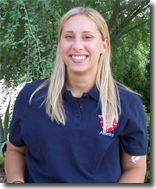
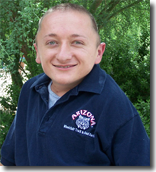 Jackie Cimino and Kyle Mutz joined the project during the Fall 2007 semester as Space Grant interns, supported by the Foundation Carinoso. Jackie is a psychology major in her third year at Arizona, and plays on the UA wheelchair tennis team. Kyle is working on his Masters in Rehabilitation Counseling, and recently returned from competing on the track in the Para-Pan American Games in Brazil. Kyle and Jackie worked on creating a final report for the project that was shared with the wider UA community, and built a web-accessible GIS interface for displaying the results of the map interviews.
Jackie Cimino and Kyle Mutz joined the project during the Fall 2007 semester as Space Grant interns, supported by the Foundation Carinoso. Jackie is a psychology major in her third year at Arizona, and plays on the UA wheelchair tennis team. Kyle is working on his Masters in Rehabilitation Counseling, and recently returned from competing on the track in the Para-Pan American Games in Brazil. Kyle and Jackie worked on creating a final report for the project that was shared with the wider UA community, and built a web-accessible GIS interface for displaying the results of the map interviews.